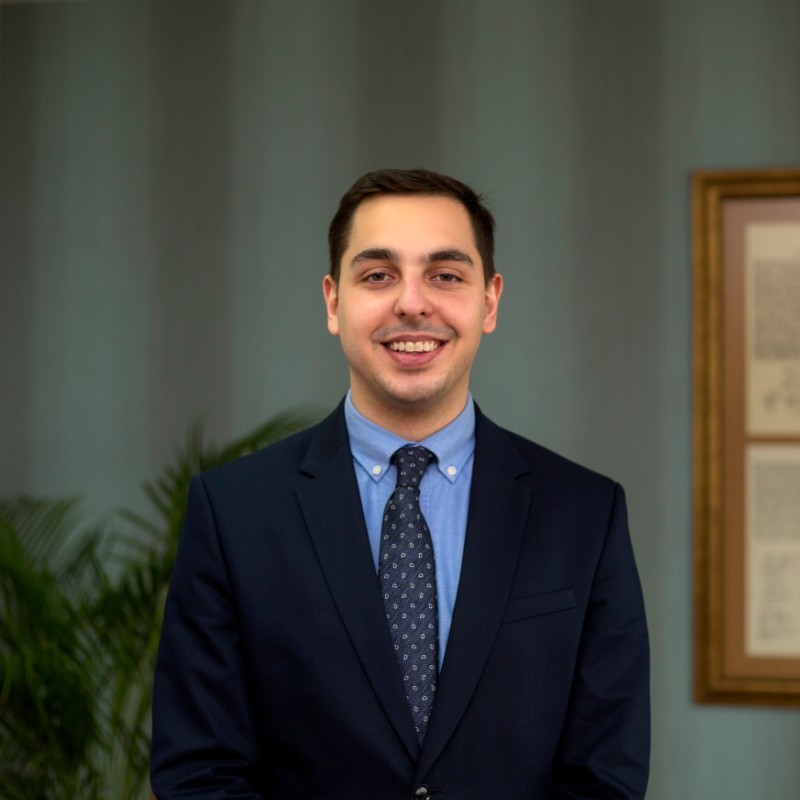Opeds
Kosovo stands at a critical moment in its pursuit of an integrated, multiethnic society. This path is full of challenges deeply rooted in its complex history. Kosovo's youth play an important role in this process, burdened with reconciling inherited ethnic divisions among societal complexities. Their efforts to foster understanding across ethnic lines confront substantial, often overlooked barriers that are pivotal to Kosovo's future.

Article 24 of the Republic of Kosovo’s Constitution states that no person shall be discriminated by race, colour, language, national or social origin, or their relation to any community or ethnic background. In practice, this is definitively not the case. The members of non-majority communities living in Kosovo are discriminated against, and economically deprived in Kosovo – a nation that...

This happened back in early 2000s, say, 2010. I was on the bus from Leposavić to Raška, with a college colleague. We briefly stopped at the Jarinje Crossing Point, for the Kosovo Police to check IDs, and...

Kosovo’s journey to statehood has been a relentless pursuit of local ownership over internationally designed political institutions. Since the country assumed full control of its governance in 2012—following a period often described as...

As Kosovo aspires to become a member of the Council of Europe, the oldest organization dedicated to the protection of human rights, it in parallel almost daily goes on violating those...

This is the devastating question that Kosovo women have been asking themselves these days. This thought is not only the final step of despair in a society whose women are being harassed, raped, beaten and, ultimately, murdered, but...

"Si vis pacem, para bellum," a timeless Roman adage meaning "if you want peace, prepare for war," aptly characterizes the prevailing political mindset not only in the Western Balkans but particularly in Kosovo and Serbia. Despite the passage of 25 years since the brutal and devastating wars that accompanied the dissolution of Yugoslavia, the political mentality of the region remains entrenched in the ethos of the 1990s.

Kosovo women regardless of ethnicity, class, region, and status, face many challenges rooted in traditional gender roles, socio-economic pressure and social expectations.

Like last year around this time, at the beginning of February, I was delighted by the invitation from the New Social Initiative (NSI) from Kosovska Mitrovica to participate in their now-traditional discussions among young political analysts and experts - representatives of civil society from both Serbian and Albanian communities in Kosovo. This time, the meeting was held in Gracanica, at the hotel of the same name, which will remain in my memory as an island of hope in the stormy sea of events in this, for many still, sacred Serbian land.

On 8 February, a group of activists from Kosovo met in Gracanica for an informal discussion about the EU-led dialogue on normalization of relations between Kosovo and Serbia. The title of the discussion was “Kosovo–Serbia dialogue in the election year – How much time do we really have?”, while the working language was in English. The discussions were organized for a good quality straightforward discussion on political developments in a friendly and respectful environment.

Morning show of one of our popular television stations. The journalists are having a chat on various issues, including the United Nations Security Council (UNSC) session on the current state of affairs in Kosovo after the regulation of the Kosovo Central Bank on cash operations.

The experience shows: it is easier to reach an agreement between Kosovo and Serbia than implement it. To anyone who is a bit more familiar with the political situation in Kosovo, it is clear that Kurti and Vučić will do all they can (which is a lot) to buy time and not implement the “French-German Agreement,” or at least those bits that do not fit them.

